US Secretary of State Marco Rubio has clarified why Washington has chosen not to impose secondary sanctions on China, Russia’s largest oil customer, even as India faces steep tariff barriers. Speaking to Fox Business on Sunday, Rubio said that Beijing’s imports of Russian oil are largely refined and then sold back into the global marketplace, a process that has cushioned supply chains and prevented a sharp spike in international energy prices.
“Well, if you look at the oil that's going to China and being refined, a lot of that is then being sold back into Europe. Europe’s also still buying natural gas. Now, there are countries trying to wean themselves off it, but there’s more Europe can do with regard to their own sanctions,” Rubio said, according to NDTV.
The Secretary of State cautioned that targeting Chinese refiners would carry disruptive consequences. “If you put secondary sanctions on a country—let’s say you were to go after the oil sales of Russian oil to China—well, China just refines that oil. That oil is then sold into the global marketplace, and anyone who’s buying that oil would be paying more for it, or, if it doesn’t exist, would have to find an alternative source for it,” he explained.
Rubio further disclosed that several European nations, which continue to import Russian oil through Chinese refiners, have voiced concern—albeit privately—about the potential fallout of punishing Beijing.
Asked whether similar measures might be considered against Europe itself, Rubio was more cautious. “Well, I don’t know about sanctions on Europe directly, obviously, but certainly there are implications to secondary sanctions. I think they can play a very constructive role here in helping us get to that point,” he added.







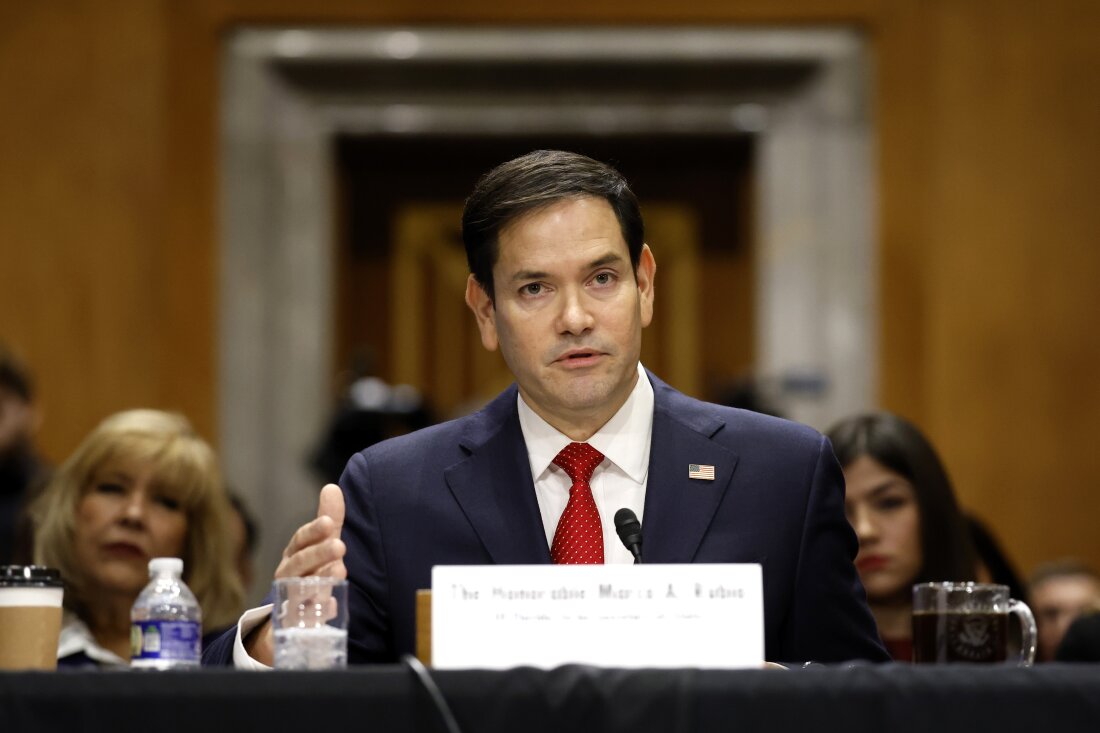
 OpinionExpress.In
OpinionExpress.In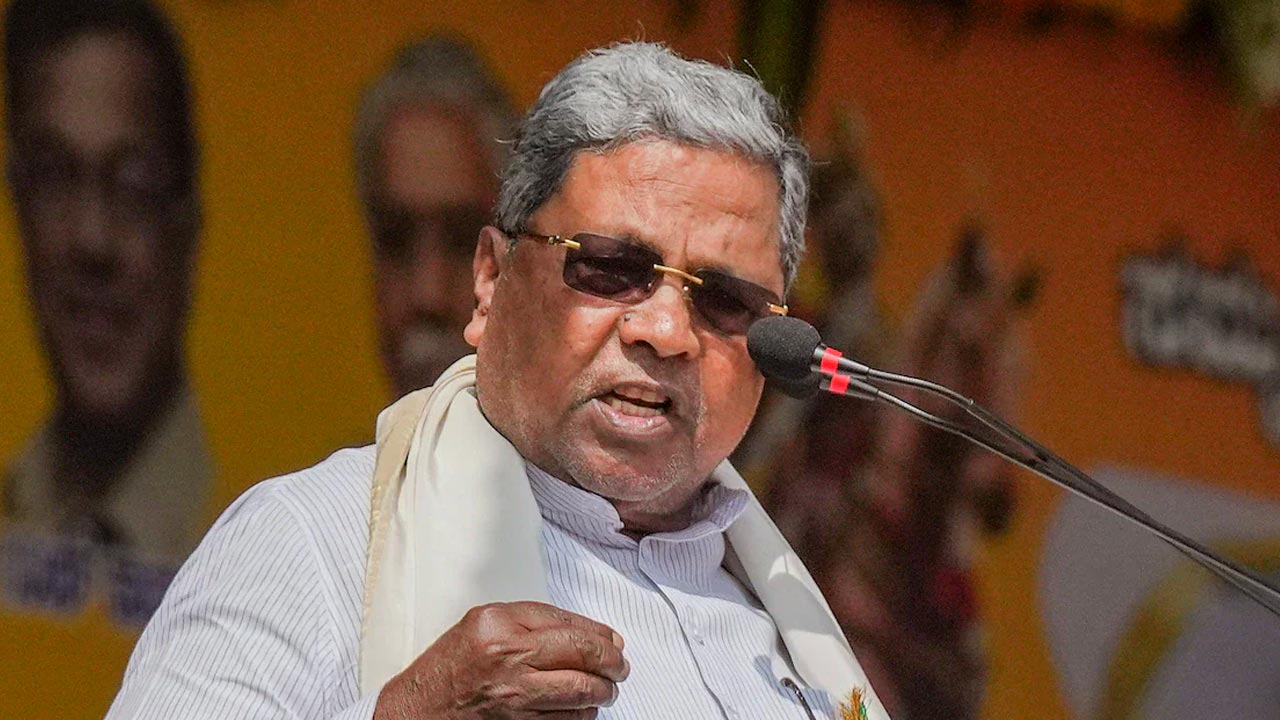
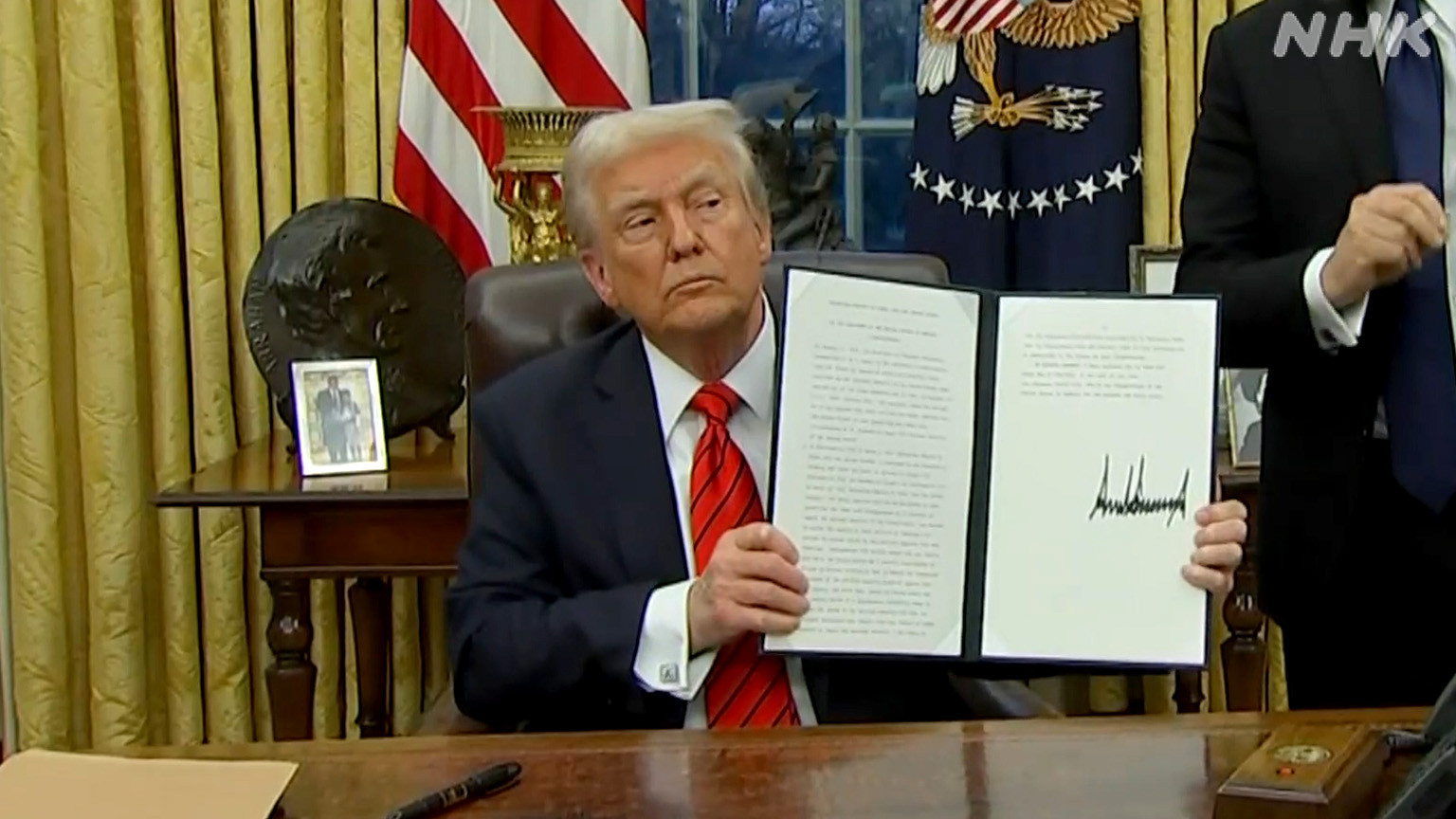


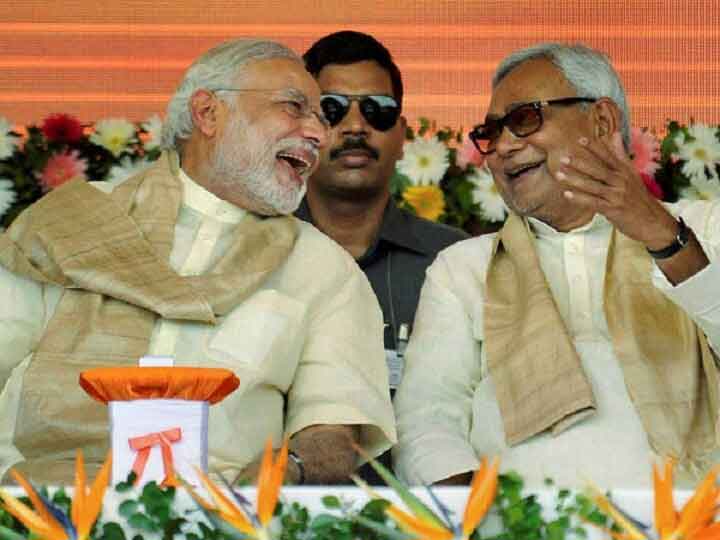

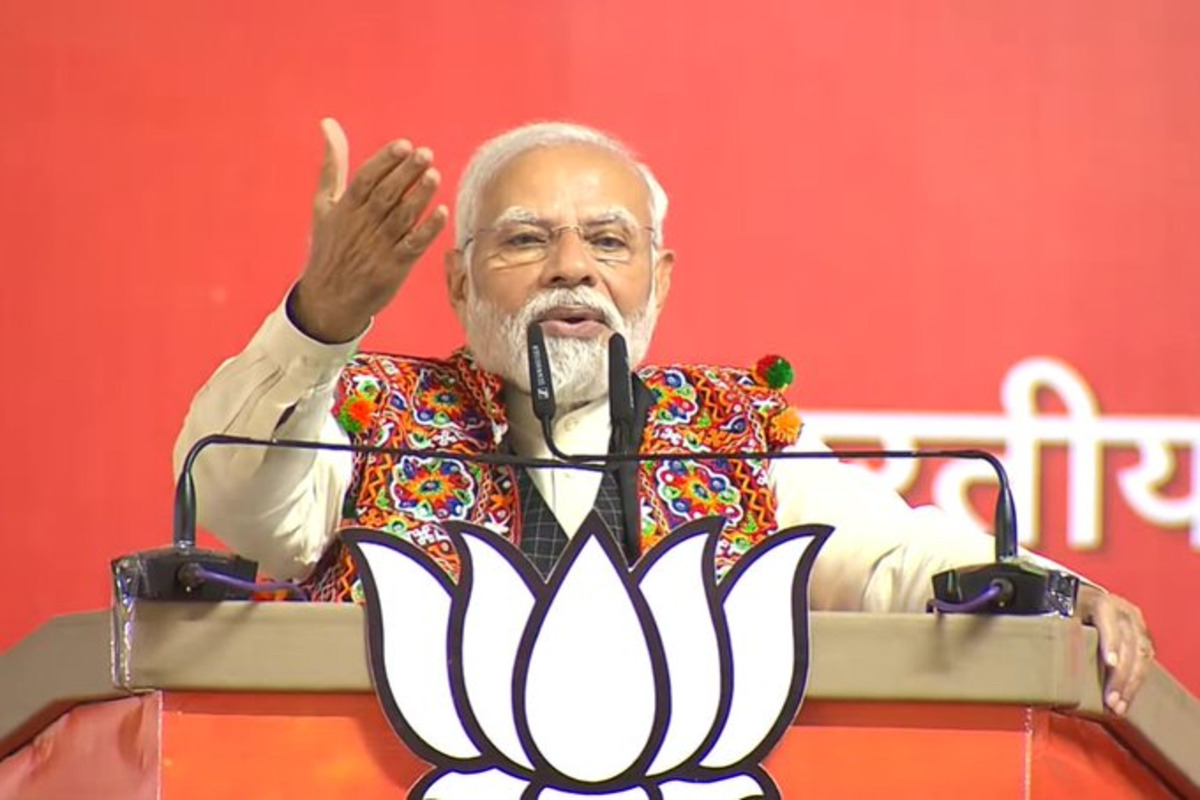

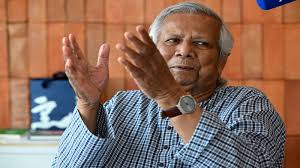







Comments (0)